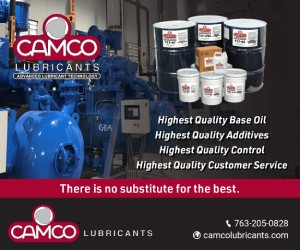
President’s Message by Gary Schrift
This month I’m dedicating my column space to one of our organization’s most important ongoing activities, our membership. As an IIAR member, we all depend on you to take that essential first step to participate in the activism and advocacy of our industry, by keeping your membership current. If you are not yet a member, this is a great time to join IIAR.
Read More>>>
































